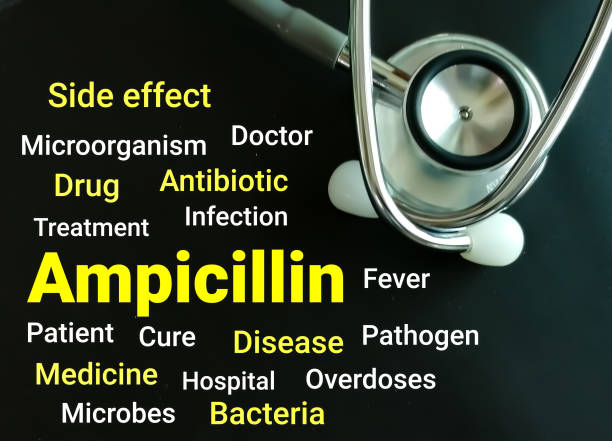Ampicillin is an oral capsule which belongs to the drug class of penicillin beta-lactam antibiotic; it is used to treat infections caused by certain types of bacteria by stopping their growth and eliminating them.
Ampicillin comes in a generic form as an oral suspension or intravenous (IV) injection and can be used in combination with other medications for complete treatment. Ampicillin can treat or prevent infections like meningitis, UTIs, gonorrhoea, pneumonia, or gastrointestinal tract infections.
Dosage
The dosage of this medication will depend on your condition, age, severity of the condition, other medication you are on, and how well you react to the first dose. So, your doctor or pharmacist will consider these factors before prescribing the drug.
Also, note that ampicillin is meant for short-term treatment, and it has serious risks if you do not take it as prescribed, so follow your doctor’s prescription and do not take it more than directed. Do not stop the medication suddenly, miss any dose or open the capsule before taking the drug.
Side Effects of Ampicillin
If you notice some of the following side effects, then you need to seek medical attention right away:
- Difficulty breathing.
- Sore throat.
- Hives.
- Fever.
- Swelling of your throat, face, tongue, or lips.
- Fever, body aches, cough, chills, etc.
- Purple or red skin rash.
- Skin pain.
- Burning eyes.
- Blisters, soreness in your mouth or ulcer.
- Joint pain or swollen glands.
- Severe stomach pain and diarrhoea.
- Light-headedness and shortness of breath.
- Pale skin, cold feet and hands.
- Vaginal itching and discharge.
- Black, swollen or hair tongue.
Precautions
Tell your healthcare provider about your allergies, medical conditions and other medications you are on. Let your doctor know if you are allergic to ampicillin or any antibiotic.
Also, tell your doctor if you have or ever had:



